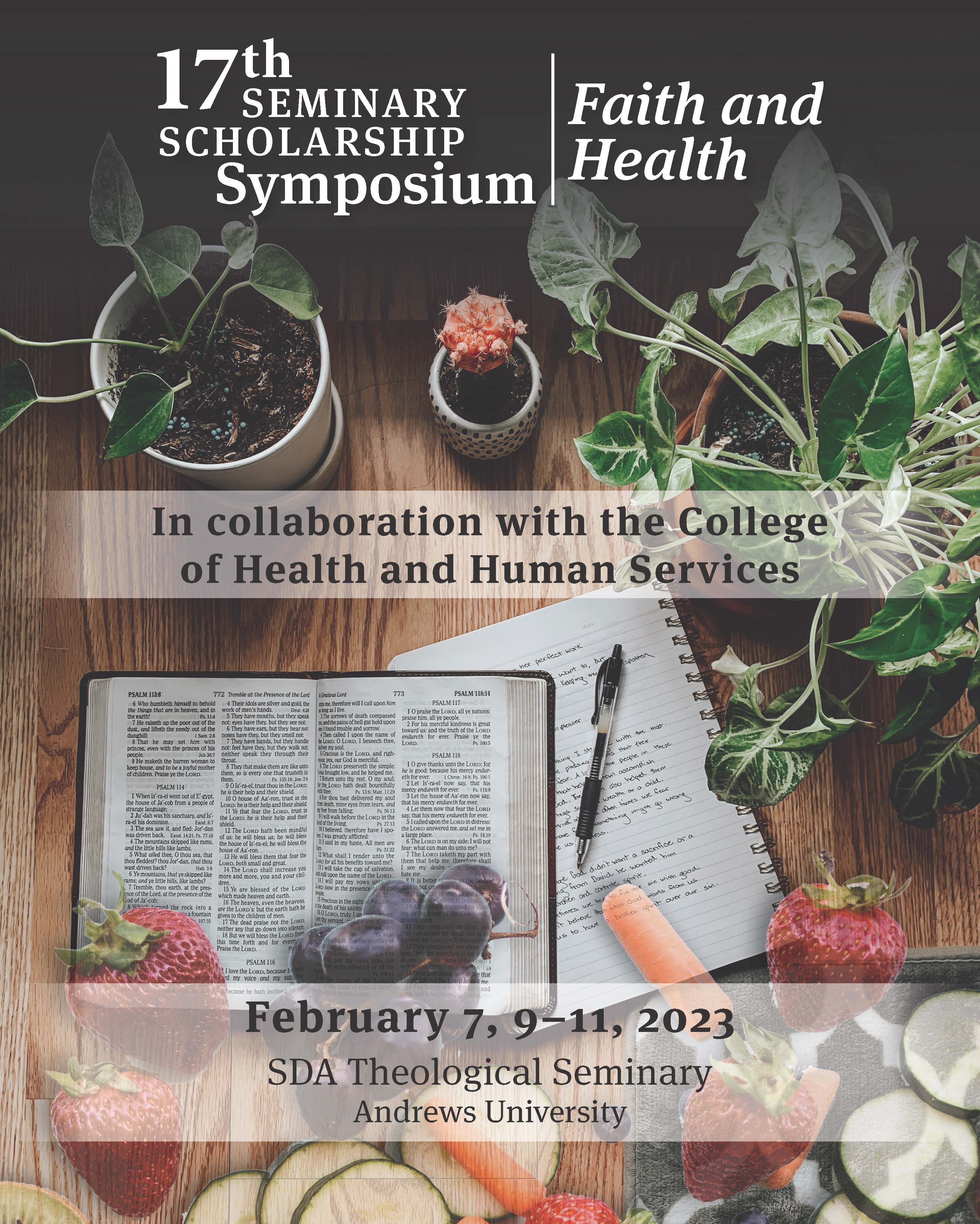God's Definite, Dynamic, and Relational Foreknowledge: A Canonical Reading of Psalm 139
Location
Seminary Commons
Start Date
10-2-2023 12:30 PM
End Date
10-2-2023 2:00 PM
Description
This poster presents a study of Psalm 139 in canonical context as a response to the apparent contradiction between what seems to be two parts of the biblical perspective. On the one hand, God has definite foreknowledge of the future, and, on the other hand, the future is indefinite or open. More specifically, God foreknows all our definite (or specific) free choices without this foreknowledge contradicting our libertarian freedom (the freedom to choose among real options). Most proponents of Open Theism argue that foreknowledge cannot be definite because certain aspects of the future, especially free choices, are indefinite. They reject the concept of definite foreknowledge of free choices because they presuppose that this would mean that future free choices are definite in the sense that they are settled ahead of time. In response, I seek to answer the following questions. How can God foreknow the future if it does not yet exist? Does the Bible teach that God has definite foreknowledge of an indefinite future? My thesis is that Scripture indicates that God foreknows the indefinite future because his foreknowledge is not only definite but also dynamic and relational.
God's Definite, Dynamic, and Relational Foreknowledge: A Canonical Reading of Psalm 139
Seminary Commons
This poster presents a study of Psalm 139 in canonical context as a response to the apparent contradiction between what seems to be two parts of the biblical perspective. On the one hand, God has definite foreknowledge of the future, and, on the other hand, the future is indefinite or open. More specifically, God foreknows all our definite (or specific) free choices without this foreknowledge contradicting our libertarian freedom (the freedom to choose among real options). Most proponents of Open Theism argue that foreknowledge cannot be definite because certain aspects of the future, especially free choices, are indefinite. They reject the concept of definite foreknowledge of free choices because they presuppose that this would mean that future free choices are definite in the sense that they are settled ahead of time. In response, I seek to answer the following questions. How can God foreknow the future if it does not yet exist? Does the Bible teach that God has definite foreknowledge of an indefinite future? My thesis is that Scripture indicates that God foreknows the indefinite future because his foreknowledge is not only definite but also dynamic and relational.




Comments
Poster Presentation